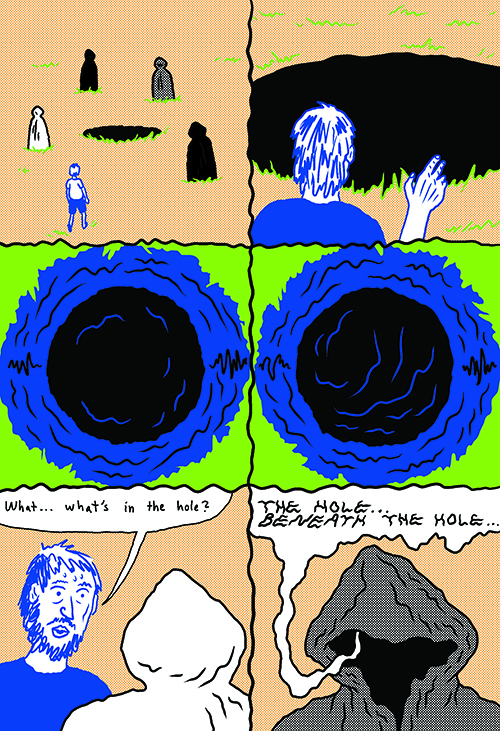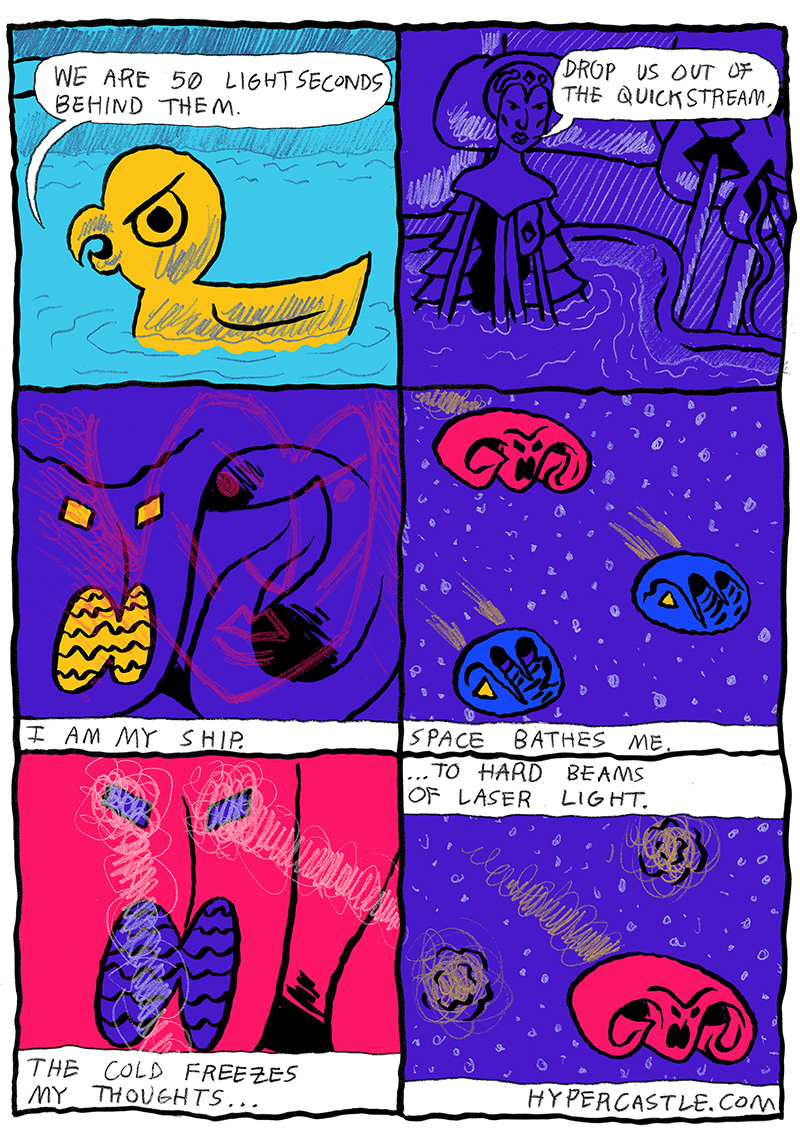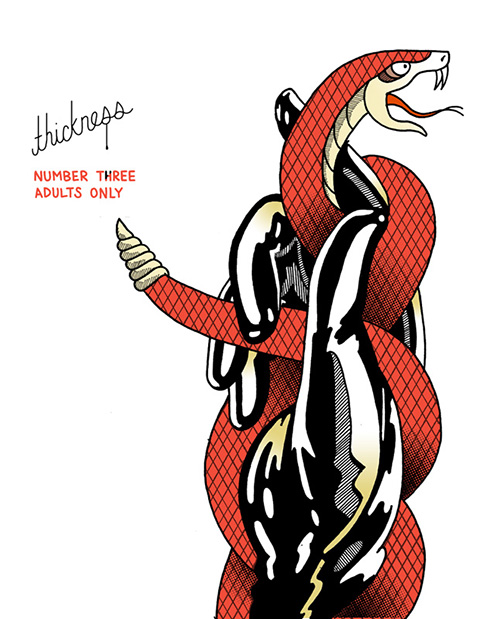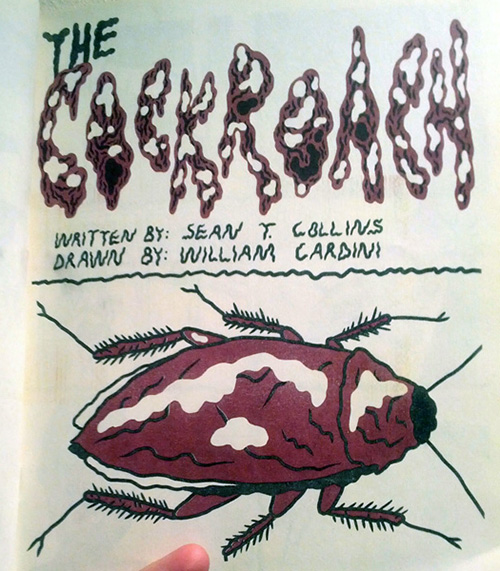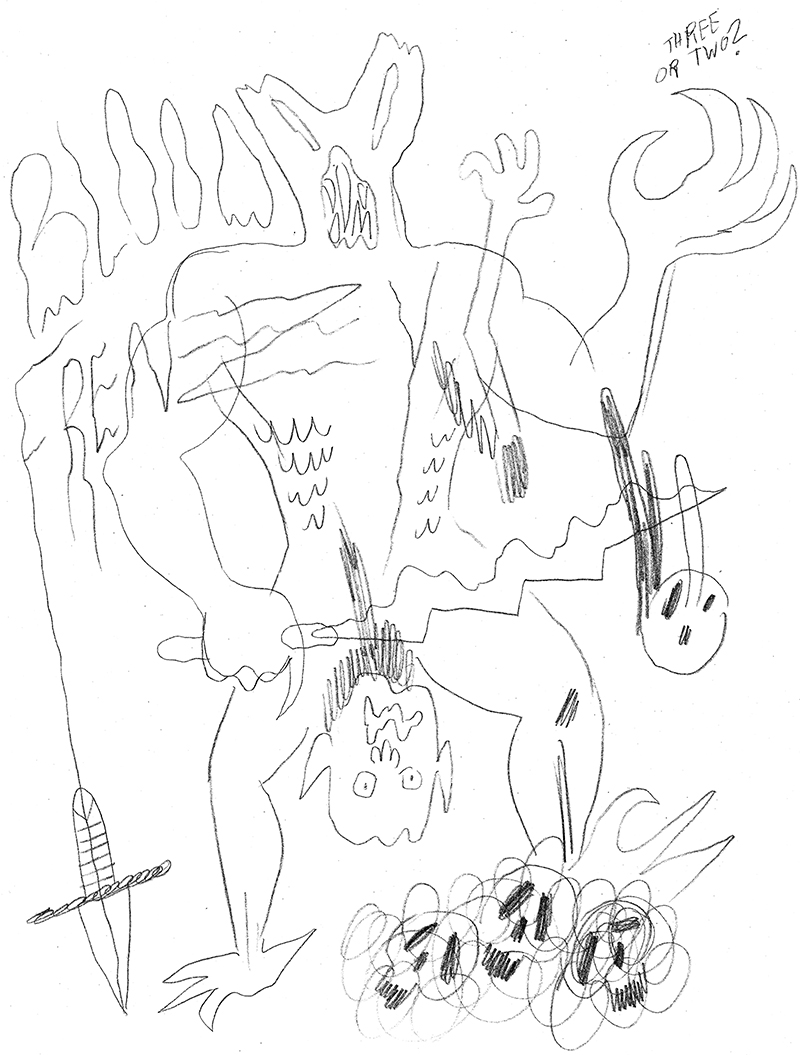This past Sunday I finished Matter by Iain M. Banks. It’s the third sf novel by Banks that I’ve read, and each one is a hefty meal of highly visual action on an enormous scale. They are both alternatingly grotesque and funny – I’ve been keeping my wife up half of the night with my guffaws. Imagine my surpise, then, when I read reviews on the Internet and discover that the ones I’ve read (the aforementioned Matter, The Algebraist, and Consider Phlebas) are considered (the first two more so than the tragic Consider Phlebas) to be some of Iain M Banks’ lesser sf works. Considering how they compare to most fsf, I’m eager to read what fans consider his better ones. I wasn’t entirely satisfied with Matter but it was thought provoking.
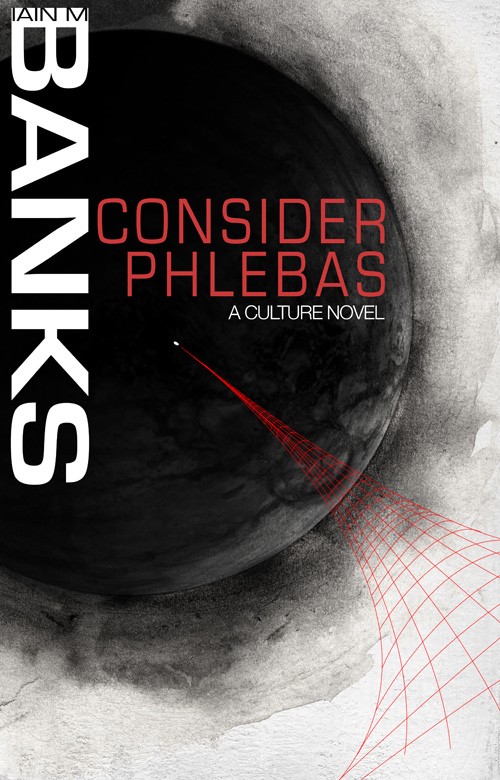
I’m not a huge fan of the current covers of Banks’ books and it was hard to find good images of the Salwowski covers, so I was delighted to find these speculative covers that Luke John Frost made for a school project.
In Matter, I thoroughly enjoyed the philosophical detours, witty dialogue, grand vistas, and the concept of a fantasy faux-European setting nested within a space opera galaxy. Any sf cosmos that includes level upon level of more powerful beings is going to get me. That idea is at the heart of the Hyperverse, after all. Although the climax came and went rather abruptly, I liked how Banks subverted my expectations for how the story was going to end up by destroying two thirds of the knot of plotlines with one bold slice. But I also stumbled on some of the book’s flaws. Although the nerd in me reveled in the pages-long aside that described all of the depths and adjectives of the shellworld Sursamen, the early, heavy chunk of exposition dropped me out of the flow. I think that the information could be more smoothly integrated in the narrative. Similarly, a lot of the plot of the book involves the main characters being pulled from place to place by forces beyond their control. Maybe I’ve read one too many long quests in a fantasy novel, but I got tired of that quickly. However, I simultaneously appreciated how the character’s inability to control their fates related to the larger theme of the insignificance of the individual.
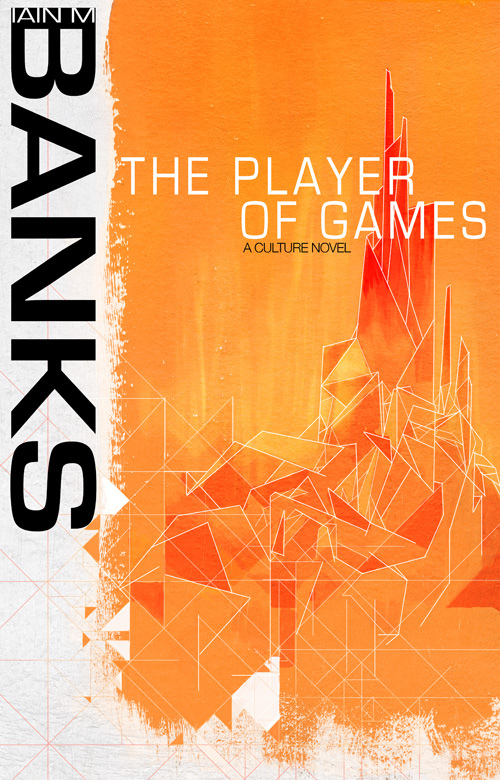
Another speculative cover by Luke John Frost.
What struck me the most was how the themes and plot structure of Matter reminded me of A Song of Ice and Fire by George R. R. Martin. I’ve been thinking a lot lately about the ultimate meaning behind the violence, oppression, and hopelessness that Martin portrays because of Sean T. Collins’ excellent (and rife with spoilers) tumblr All Leather must be Boiled. In multiple posts, Collins analyzes how Martin uses war, realpolitik, and fanatic warriors to condemn the havoc and tragedy that these forces bring to civilization. Replace magic with incredibly high technology (which, as Wizard Clarke has told us, are indistinguishable) and Banks does the same, with both Consider Phlebas and Matter. Things get even more interesting when you add the moral dimension of the Culture to the mix, who try to assist civilizations in developing past systemic violence and oppression, but do so by sometimes fostering those same tragedies. Basically, you could read Matter as the answer to the hypothetical question, “What if super advanced aliens intervened in the conflicts in Westeros and Essos?”
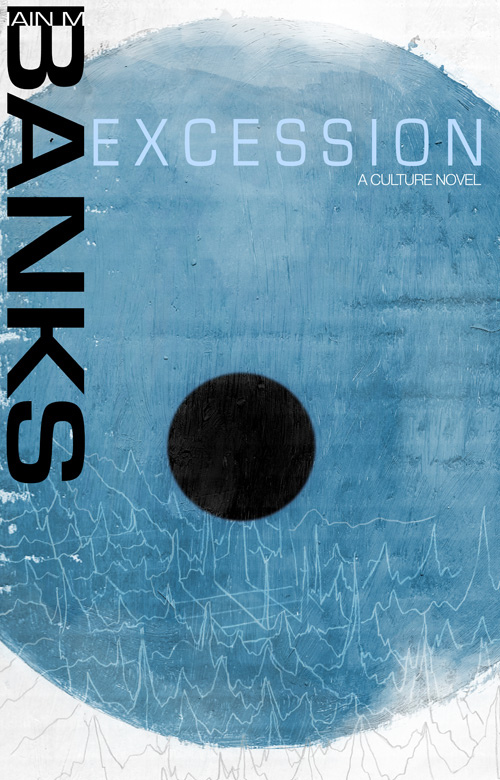
A third speculative cover by Luke John Frost.
I wanted to read Excession next, which sounds like the best, but all they had at my local used book shop was The Player of Games and Use of Weapons so I’ll tackle those. I don’t think I’ll read all of Banks’ sf novels in one go though – I like the idea that there are superb sf novels still out there for me that I know I’ll enjoy. If I have any more thoughts worth sharing, I’ll be sure to post them here. If this post has made you curious about Banks, you should read this article by Annalee Newitz on io9 that summarizes Banks’ most popular creation, the Culture, a utopian vision of what our future could be, and has summarizes of the various books. It’s what got me to check him out originally.


